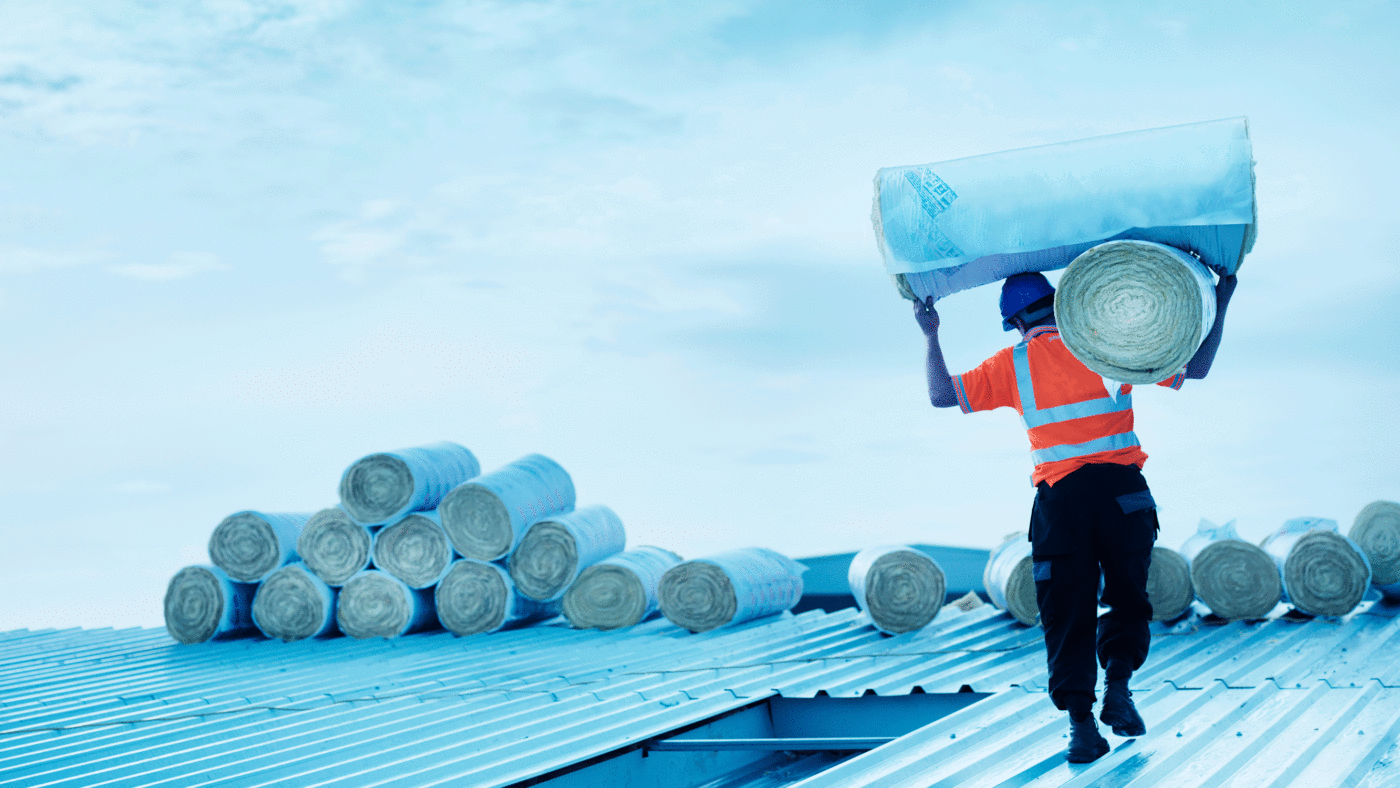We need to tackle the root causes of the gas crisis to spur economic growth. Until we bring wholesale energy prices under control and shield the UK from volatile fossil fuel markets, the UK will be exposed to crippling costs, weighing down businesses and families and indebting the taxpayer. When the Chancellor unveils his growth plan today, it should include a national energy efficiency programme.
Vladimir Putin’s invasion of Ukraine is driving wholesale gas prices through the roof. In the last year, they’ve soared by over 400 per cent, and prices could stay high until the middle of this decade. If it weren’t for the unprecedented intervention announced by the Prime Minister, the economic damage would have been astronomical, with many families plunged into fuel poverty and businesses forced to close.
The energy price guarantee, which will cap people’s bills at £2,500 and introduce a similar measure for businesses for the next six months, has given us breathing room, but the crisis rages on. The taxpayer will pick up the remaining bill for the volatile gas prices, likely tens of billions of pounds and more expensive than furlough. It’s not a sustainable situation, so we must do everything we can to end our exposure to the gas crisis.
Because we rely on gas to generate 40 per cent of our electricity and heat 85 per cent of our homes, we are desperately vulnerable to the European gas market, which is under the malign influence of the Kremlin. Russia’s energy supremacy means Putin’s decision to limit exports can drive prices into the stratosphere, punishing British and European families for our nations standing together with Ukraine.
Shielding the UK from Vladimir Putin’s economic warfare doesn’t just mean building secure homegrown British energy, including renewables which are now nine times cheaper than gas, and new nuclear power stations. It also means insulating the UK’s nearly 19 million energy-inefficient homes that unnecessarily burn through energy, wasting gas and pushing their bills up.
Scrapping VAT on insulation, which I campaigned for along with Conservative Environment Network colleagues, has already made it more affordable for people who can afford to improve their homes. But families in fuel-poor households or struggling with sky-high bills need extra government support to afford the upfront cost of insulating their homes. While some energy-inefficient homes can be tricky to improve, we can improve millions more with relatively quick, simple, cheap solutions like loft and cavity wall insulation.
The successful Energy Company Obligation (ECO) shows us a route forward to insulate fuel-poor homes with energy firms delivering these improvements. Since 2013, ECO has improved 2.4 million homes, saving low-income homes collectively £17.5 billion in lifetime energy bills. The latest iteration of the scheme will upgrade 450,000 more homes by 2026.
But as the Conservative Environment Network has proposed, extending this ECO scheme to the end of the decade and investing an additional £1 billion of Treasury funds every year would enable firms to insulate 500,000 homes this winter and one million more a year from April 2023. This industry-led programme would improve many homes with relatively little investment by focusing on easy-to-install measures. The cash injection and extension would also give businesses the confidence to scale up the sector.
When the taxpayer is paying a large share of people’s energy bills, it doesn’t make sense to ignore quick, simple and relatively cheap insulation measures. Around 10 million homes need either loft or cavity wall insulation. For a typical semi-detached house, installing these measures could cut their bills by £464 and £519 this winter, respectively. Energy prices could stay high for years, so actions like this could save billpayers and taxpayers thousands of pounds.
According to an analysis by the Energy and Climate Intelligence Unit, every pound invested in energy efficiency would be paid back by the end of this Parliament. Because insulation means lower gas use, cutting the cost of the energy price guarantee to the Treasury. There’s a strong case for a national insulation programme to limit the cost of this unprecedented government intervention, reducing the additional debt on the UK’s credit card and enabling more tax cuts in the future to drive economic growth.
Conserving gas while we build new homegrown UK energy will strengthen our energy security. The less gas we waste the more we have for electricity and heating, and the lower our bills will be. Now that the taxpayer is shouldering the cost of our gas dependency, we cannot ignore the UK’s energy efficiency problem any longer. It’s time to insulate homes to end this crisis, grow our economy and cut taxes.
Click here to subscribe to our daily briefing – the best pieces from CapX and across the web.
CapX depends on the generosity of its readers. If you value what we do, please consider making a donation.


